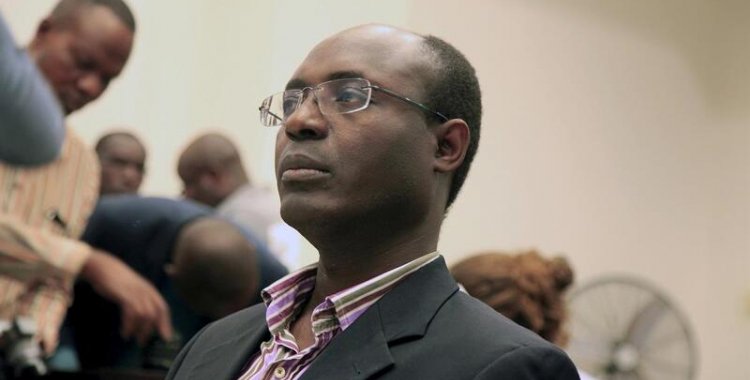The journalist, responsible for the website Maka Angola and founder of Ufolo – Centro de Estudos, participated this Wednesday in São Tomé and Príncipe in an Exchange on Governance and the Fight against Corruption that takes place at the Portuguese Cultural Center.
Rafael Marques highlighted that "the fight against corruption in the country has to be deeper and more transformative" and stressed that corruption "cannot continue to be an element of comfort to get jobs and promotions", serving for the well-being and enrichment selfish of the privileged.
He also pointed out concrete obstacles in the fight against corruption, including the dysfunction of the judiciary that maintains "the human frame and the same structures that served as an accessory to the looting of the country and the capture of the State".
The activist and researcher criticized the "old-fashioned, corporate and even corrupt bureaucratic practices" of the judiciary and considered that the Supreme Court, which has been at the forefront of this fight, should be a court of appeal, and is not qualified to judge , in the first instance, complex criminal cases.
He also criticized the immensity of people who enjoy immunities and a privileged forum - deputies, ministers of State, ministers, secretaries of State and similar entities, as well as generals of the Angolan Armed Forces (more than two thousand), commissioners of the National Police on active duty. and judges of the higher courts – a list that, in his opinion, should be reduced, with immunities applying only to those who are in the exercise of their functions.
As an example of the dysfunctionality of the Supreme Court, he mentioned that, among its 340 employees, about half "are laundresses, housekeepers, cooks, gardeners and drivers placed in the residences of the counselor judges", who do not provide support in the process and procedural celerity.
On the other hand, the interests of this group were aggravated by the co-payment scheme that attributes to the Attorney General's Office (PGR) and the courts 10 percent of the net value of the financial and non-financial assets it recovered, a measure that, he argued, "it nullifies the independence and impartiality of the courts in the judgments of corruption cases, since the magistrates obtain personal benefits when deciding the extensive confiscation of assets by the defendants.
"The legal conditions are thus created for the judiciary to become the country's new oligarchy. It is simply legalized corruption", stressed Rafael Marques.
The founder of Ufolo stated that "the fight against corruption cannot serve to create a new class of predators", stressing that "Angola does not want and does not need new criminals".
He also left messages for the Angolan executive led by President João Lourenço, who "has already had time to evaluate his collaborators and get to know the mechanisms and levers of power well.
"The accusations that point out members of the current executive as corrupt seem to fall into a vacuum. Thus, the cases are increasing and the demoralization of the State administration gallops in an unbridled way", he criticized.







